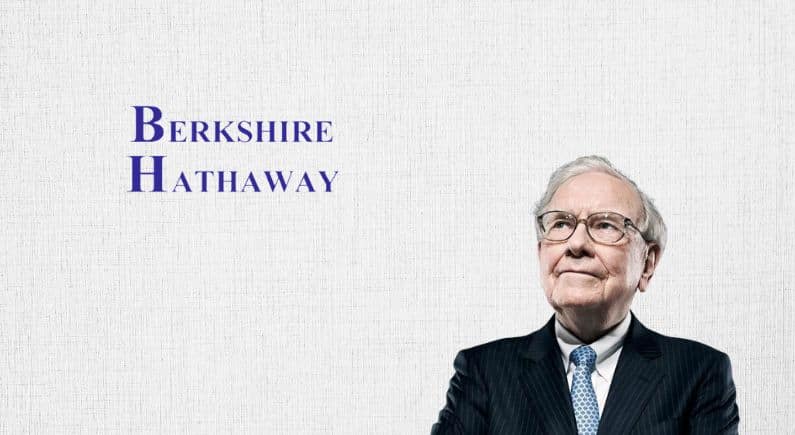Arkady Volozh’s new AI venture in Europe – fresh start post-Russia

Arkady Volozh, the co-founder of the Russian tech giant Yandex, is spearheading a new artificial intelligence venture in Europe named Nebius. This venture, primarily staffed by former Yandex employees, marks a significant shift following the company’s exit from Russia. Volozh, one of the few Russian business magnates to openly denounce Moscow’s invasion of Ukraine, is determined to rebuild and innovate outside the constraints of his homeland.
Volozh’s decision to establish Nebius is a strategic move to preserve and advance the international capabilities of Yandex’s former operations. “It was evident that building anything from Russian technology was no longer viable,” Volozh shared in an interview with the Financial Times. “Half of Yandex’s top management and 10 percent of its developers found themselves outside Russia when the conflict began.” This exodus presented a unique opportunity for Volozh and his team to start afresh.
Building Nebius: talent and technology
With a team of 1,300 employees, mostly ex-Yandex staff, Nebius aims to create a robust cloud computing platform tailored for AI start-ups. Volozh is confident in their ability to deliver, stating, “We have engineers who have built large-scale tech infrastructure at Yandex. We know how to interconnect into supercomputers and build extensive clusters efficiently.”
Currently, Nebius collaborates with leading AI start-ups across Europe, especially in France and Germany. The venture’s focus is on developing specialized cloud infrastructure to support large-scale AI models. With 500 engineers dedicated to this task, Nebius is positioning itself as a key player in the European AI landscape.
The backdrop of this new venture is Yandex’s complex exit from Russia. The $5.4 billion sale of Yandex’s core Russian assets marked the largest corporate withdrawal from Russia during the conflict. This sale required the approval of President Vladimir Putin and involved intricate negotiations with Kremlin officials.
Despite the sanctions imposed by the EU in 2022 due to Yandex’s perceived bcomplicity in the war, Volozh distanced himself from the company’s Russian ties. He resigned as CEO, transferred his voting rights, and publicly condemned the invasion. His anti-war stance eventually led to the lifting of EU sanctions against him, making him the first person to be removed from the sanctions list after speaking out against the war.
New beginning with Nebius
Now, Volozh is focused on Nebius, which boasts zero connections to its predecessor. “There is no byte or bit going between us and our previous company,” Volozh emphasized. Nebius has secured partnerships and resources, including clusters of Nvidia chips in its Finnish data center, which it plans to expand significantly.
Nebius’s collaboration with Nvidia is particularly noteworthy. “Nvidia is interested in diversifying their client base and growing companies like ours,” Volozh stated. The company has also commissioned an audit from a Big Four firm to confirm its complete separation from Russia.
With $2.5 billion in cash from the sale of Yandex’s Russian business and no debt, Nebius is well-positioned to invest in its growth. The company plans to continue reporting to the US Securities and Exchange Commission, launch a new board, and potentially resume trading on the Nasdaq.
Volozh envisions substantial investments in the future, aiming to create a significant impact in the AI sector. “We have an opportunity to build something bigger than before,” he said. “The scale of what we are building assumes multibillion-dollar investments through debt and equity. What we have now provides a foundation that is unmatched in Europe, outside of the big tech sector.”
Retaining Core Businesses
Beyond AI infrastructure, Nebius retains three other internationally focused businesses from Yandex, including data annotation and generation, education, and self-driving cars. The company’s data center in Finland and intellectual property licenses are also integral parts of its portfolio.
Volozh and his team have had to reinvent many aspects of their projects amidst the rapid pace of AI-driven technological change and the challenges of separating from Yandex. Despite these hurdles, Volozh remains optimistic. “This was a perfect storm, but it has given us a refreshing start,” he concluded.






